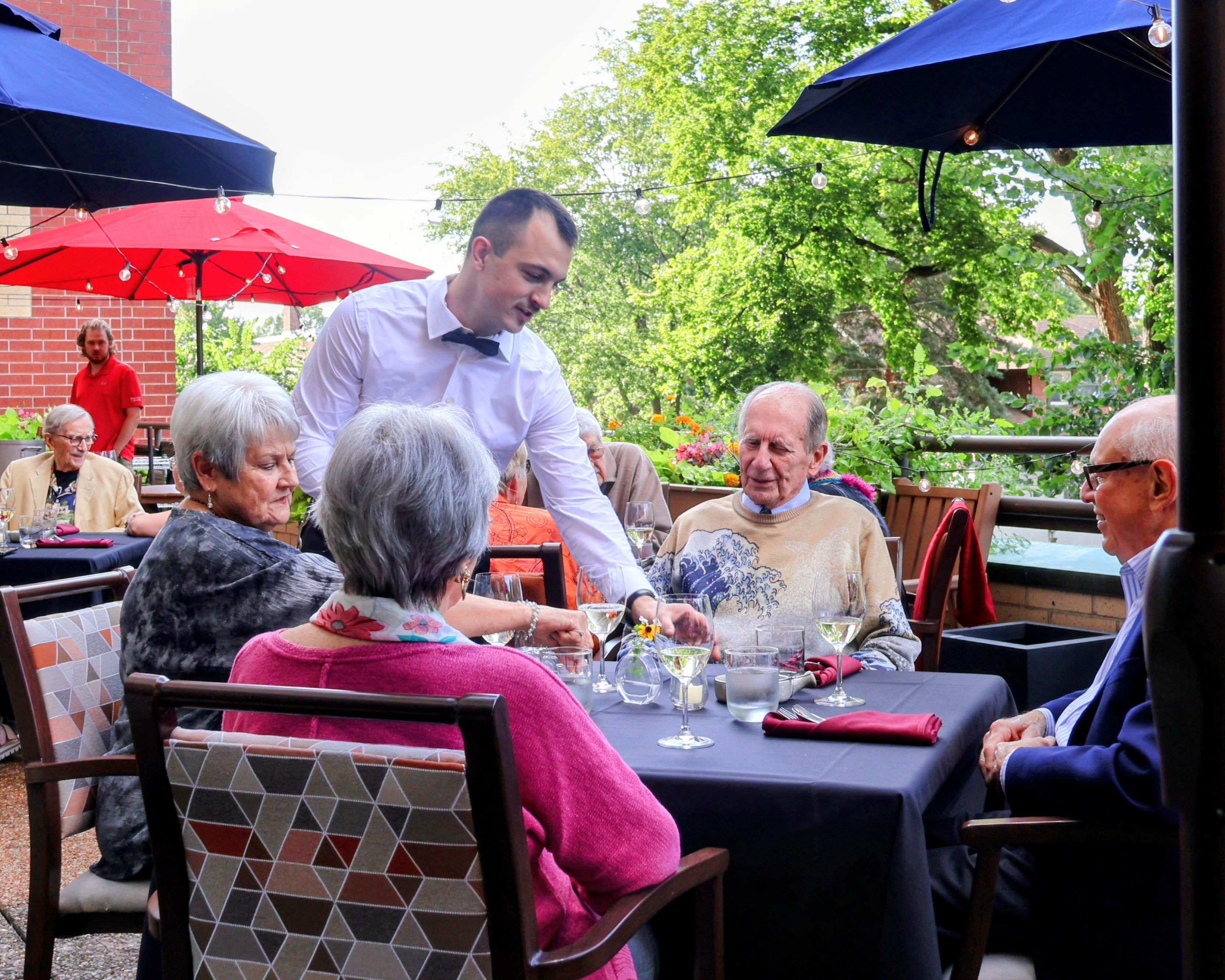Age-related memory loss is apparent in more than 16 million people throughout the U.S., and when a loved one begins to show signs of cognitive decline, it can be difficult to know when you need additional support.
As a spouse, child, or caregiver, recognizing the early signs of memory loss and knowing when to consider professional help is key to ensuring your loved one’s safety, well-being, and quality of life.
At Vivie, we understand that this decision isn’t easy—which is why we’re here to help guide you with compassion and clarity.

Signs it may be time for support
Everyone’s journey with memory loss is different, but there are some key indicators that may suggest your loved one would benefit from a supportive memory care environment.
Behavioral changes
You know your loved one best. While small shifts in memory and behavior can be a normal part of aging, significant changes may be cause for concern.
- Struggling with routines – Difficulty managing daily tasks they once handled with ease.
- Social withdrawal – Avoiding friends, family, and activities they used to enjoy.
- Confusion and disorientation – Getting lost in familiar places or wandering aimlessly.
- Feelings of fear or paranoia – Expressing concern that they don’t feel safe at home or belief that their home isn’t truly theirs.
Noticing these subtle changes early can make a big difference in getting your loved one the support they need.
Physical indicators
Memory loss can also impact physical health and safety, sometimes in unexpected ways.
- Increased fall risk – Difficulty with balance, shakiness, or frequent falls.
- Neglecting personal hygiene – Forgetting to shower, brush teeth, or change clothes.
- Weight loss or poor nutrition – Struggling to prepare meals or forgetting to eat.
- Urinary incontinence – A potential sign of advancing cognitive decline.
While some of these signs may be related to other health conditions, it’s important to consult a medical professional if you notice changes in physical health and self-care habits.
Everyday wellness and safety concerns
Even if physical and behavioral changes aren’t immediately obvious, there are other subtle yet significant indicators that additional support might be the right choice.
- Household neglect – Dirty dishes piling up, laundry left undone, or a once-tidy home becoming unkempt.
- Medication mismanagement – Forgetting doses, mixing up pills, or skipping medications altogether.
- Missed appointments or confusion with dates and times – Struggling to keep track of doctor visits or social engagements.
Sometimes, the biggest indicator isn’t your loved one—it’s you, the caregiver. If you are feeling overwhelmed, exhausted, or unsure how to provide the level of care your loved one needs, it may be time to explore professional memory care support.
Compassionate memory care at Vivie
At Vivie, we understand that choosing memory care is a deeply personal decision—one that comes with questions, emotions, and uncertainty. That’s why we provide thoughtful, individualized support for both residents and their families, ensuring your loved one feels safe, valued, and engaged in everyday life. If you’re unsure whether now is the right time, our quick assessment can help you explore your options—no pressure, just compassionate guidance when you need it most.
If you’d like to learn more about Vivie’s memory care services and how we can support your family, contact us today—we’re here to help.

Vivie
Vivie is a care provider offering integrated services, including home health care, care management, senior living, rehabilitation, hospice, and more. With over 2,300 team members, Vivie serves more than 13,000 individuals annually across Minnesota, North Dakota, and Wisconsin. Rooted in faith and dedicated to transforming the way people live, age, and thrive, Vivie prioritizes compassionate care, excellence, and innovation.




